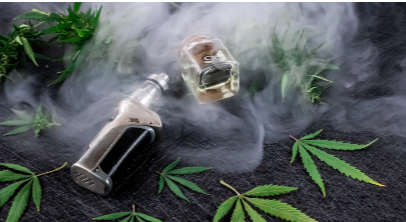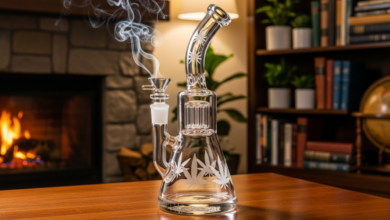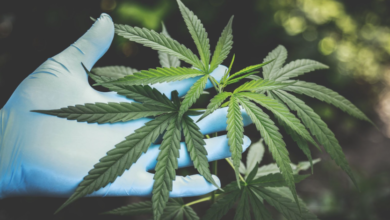How Long Does Cbd Vape Stay in Your Body

Understanding how long CBD from vaping remains in the body is crucial for both recreational users and those utilizing it for therapeutic purposes. Various factors, including dosage, frequency of use, and individual metabolic rates, can significantly influence the retention time of CBD in the system. While some may find that it clears within a few days, others might experience an extended presence. This variation raises essential questions about detection methods and the implications for different users. What might this mean for your personal experience with CBD?
Factors Affecting CBD Retention
Several factors influence the retention and duration of CBD in the body, including dosage, method of consumption, individual metabolism, and frequency of use.
Dosage effects are significant; higher amounts may prolong CBD’s presence in the system.
Additionally, consumption methods, such as vaping versus edibles, impact absorption rates, leading to varied retention times.
Understanding these factors can empower individuals in their CBD usage.
Read more: How Long Does Cbd Tincture Last in Your System
Detection Methods for CBD
Detection methods for CBD primarily involve advanced analytical techniques, such as gas chromatography and liquid chromatography, which accurately measure cannabinoid levels in biological samples.
These testing techniques can identify the presence of CBD in urine, blood, or saliva, with varying detection windows depending on dosage and frequency of use.
Understanding these methods is crucial for individuals seeking clarity regarding CBD’s presence in their systems.
Individual Differences in Metabolism
Variability in individual metabolism significantly influences how long CBD vape remains detectable in the body, as factors such as genetics, age, weight, and overall health can alter the processing of cannabinoids.
A higher metabolic rate and favorable body composition may expedite CBD elimination, while slower metabolism can prolong detection.
Thus, personal physiological differences are crucial in determining CBD’s duration in the system.
Conclusion
In conclusion, the duration of CBD retention in the body is influenced by various factors, including dosage, frequency of use, and individual metabolic rates.
Research indicates that CBD may be detectable in urine for up to 7 days after use, with higher concentrations persisting longer in regular users.
Understanding these dynamics is essential for individuals considering CBD for therapeutic purposes, particularly in contexts where drug testing may be a concern.
Further studies are needed to explore the long-term effects of CBD consumption.




